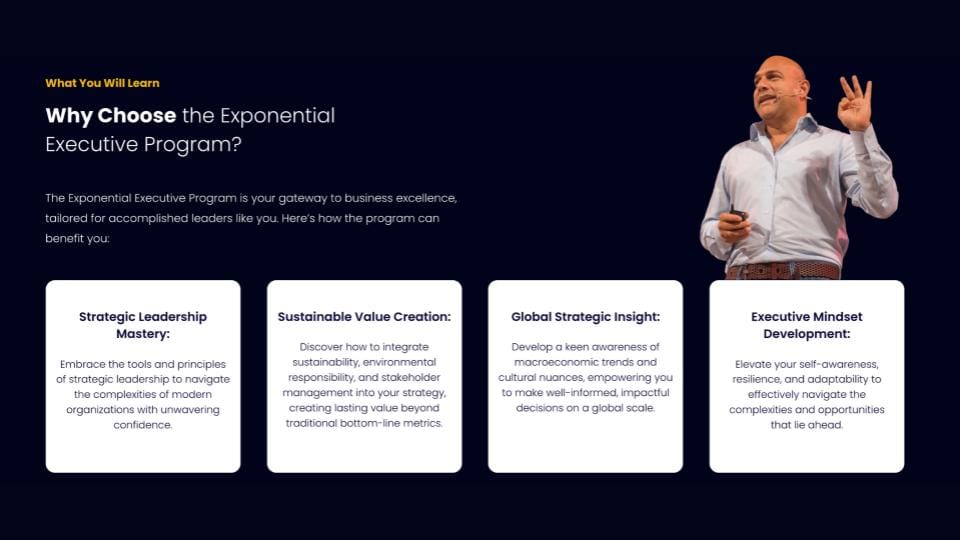
The Looming Threat of Generative AI to Scientific Integrity
The rise of generative AI tools has made it easier for "paper mills" to produce fraudulent academic studies, leading to tens of thousands of retractions and millions in lost revenue.
The rise of powerful generative AI tools like ChatGPT and DALL-E has ushered in amazing capabilities, but also significant risks - especially for the scientific publishing world. A recent Wall Street Journal investigation uncovered how "paper mills" that produce fraudulent academic studies for profit have been flooding scientific journals, leading to tens of thousands of retractions and millions in lost revenue.
And generative AI is making this elaborate fraud even easier to perpetrate at massive scale. As Kim Eggleton of publisher IOP Publishing lamented, "Generative AI has just handed them a winning lottery ticket. They can do it really cheap, at scale, and the detection methods are not where we need them to be."
30 billion at risk, and more
The scientific fraud crisis extends beyond just published papers to the very proposals and grant applications that fund research itself. The $30 billion National Science Foundation (NSF), a major funder of scientific studies in the U.S., has taken the unprecedented step of issuing guidelines prohibiting the use of generative AI tools like ChatGPT for both submitting proposals and conducting peer reviews. For the first time in 15 years, the agency warned proposal reviewers about the "Use of generative artificial intelligence technology in the NSF merit review process." This highlights how widespread the AI integrity issue has become across all stages of the scientific process, from generating ideas and writing proposals to publishing findings - and the need for aggressive countermeasures.
The Paper Mills Case
These shady operations charge researchers a fee to have their names added as authors on completely fabricated or heavily manipulated studies. They then blast those fraudulent papers out to journals simultaneously to increase odds of slipping through peer review processes. Telltale signs include irrelevant citations, incoherent AI-generated text injections, and clusters of papers with suspicious overlaps.
According to reporting by Retraction Watch and others, Paper Mills have been traced to operations in Russia, Iran, China, India and beyond. Their customers are scientists facing immense "publish or perish" pressure in academia to produce a steady stream of published studies for career advancement.
Publishers Play Whack-a-Mole
Major publishers like Wiley, Springer Nature and others have been forced to retract thousands of suspect papers and shutter journals entirely. They are investing in AI-powered detection tools and revamped peer review protocols, but it's an endless game of whack-a-mole as the paper mills simply shift tactics.
Dorothy Bishop of Oxford, who tracks fraudulent science, described it as "a virus mutating." Guillaume Cabanac's "Problematic Paper Screener" now scans 130 million studies for red flags like "tortured phrases" generated by AI plagiarism tools.
Impacts on Scientific Credibility
Beyond the immense monetary costs, this "fake science" crisis poses an existential threat to the credibility of research and the public's trust in expertise. A 2021 study found the prevalence of paper mills has "sowed confusion about where knowledge comes from" and undermined science's self-correction mechanisms.
With generative AI adding potent new capabilities to these illicit operations, preserving scientific integrity will require rapid innovation in AI-powered detection tools, revamped peer review paradigms, and a cultural reckoning in academia over the perverse "publish or perish" incentives fueling fraud.
The future of human knowledge depends on getting this right. Scientific publishers, universities and research institutions must act urgently to get ahead of this generative AI-supercharged threat.
Your responsibility as author
Authors themselves also have a major ethical responsibility in preserving scientific integrity in this generative AI era. While GenAI can be legitimately useful for ideation and drafting, authors must resist the temptation to pass off any AI-generated text as fully human-written. Being listed as an author represents a promise that the work is your own original thinking and research efforts.
Unethical practices like hiring paper mills, repurposing AI-generated content without substantive rewriting, or misrepresenting AI contributions violates that covenant and undermines public trust. Authors need to critically evaluate AI writing aids, clearly disclose any AI assistance, and take full responsibility for vetting and reformulating outputs before submission. Those facing "publish or perish" pressures must have the courage to resist taking shortcuts that could compromise their work's integrity. Modeling ethical AI practices today will shape the norms for future generations of researchers.
Your responsibility as publisher/editor
As editors and publishers of scientific journals, you have a critical responsibility to uphold the integrity of the research you disseminate. Combating paper mills and AI-generated fraud requires a multi-pronged approach:
- Invest in advanced detection tools that can identify AI-generated text, citation anomalies, and other red flags of fraudulent submissions.
- Strengthen peer review processes with more human oversight, cross-validation, and verification of author identities and affiliations.
- Work cooperatively across publishers through initiatives like the STM Integrity Hub to share detection methods and blacklists.
- Rethink publication incentives and credit systems that create "publish or perish" pressure.
- Educate and set clear ethical guidelines for authors on the improper use of AI writing tools.
- Be transparent in retracting and correcting anything identified as fraudulent.
Only through constant vigilance and systematic integrity measures can we ensure published science maintains its credibility and public trust. The risks of inaction are too great - we must meet this generative AI threat head-on.

ExO Insight Newsletter
Join the newsletter to receive the latest updates in your inbox.








